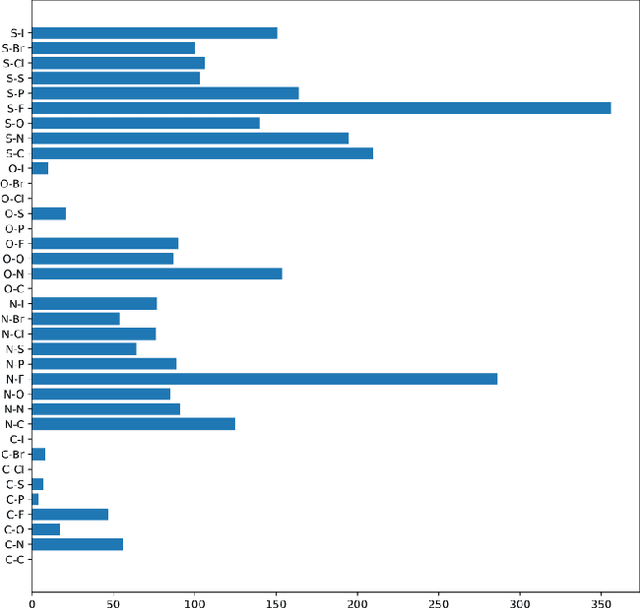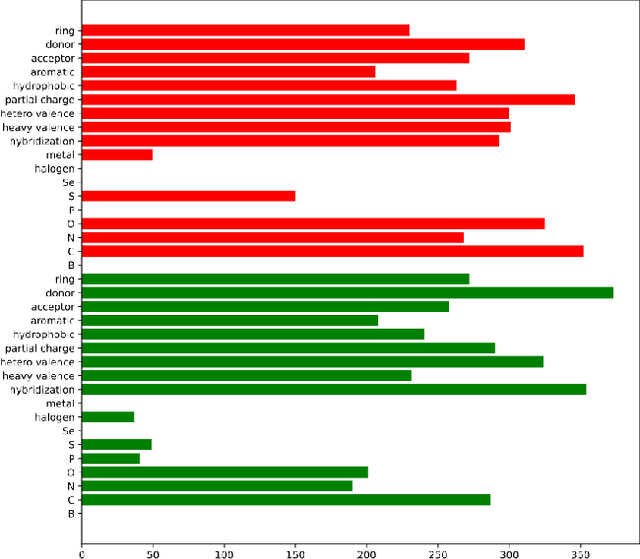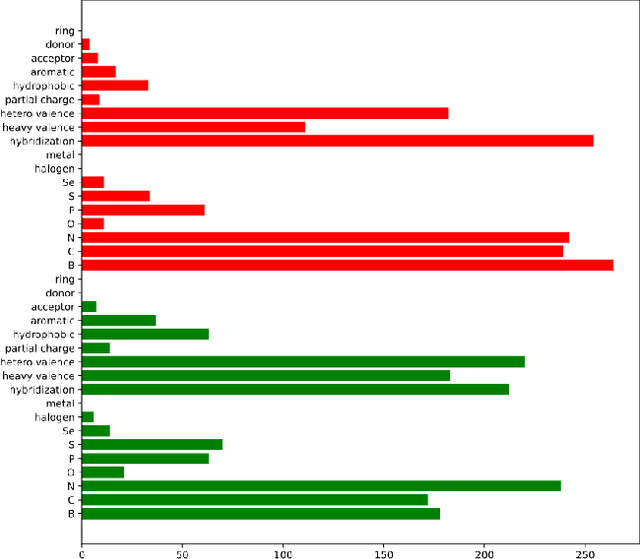Dmitrii Gavrilev
SyMuPe: Affective and Controllable Symbolic Music Performance
Nov 05, 2025Abstract:Emotions are fundamental to the creation and perception of music performances. However, achieving human-like expression and emotion through machine learning models for performance rendering remains a challenging task. In this work, we present SyMuPe, a novel framework for developing and training affective and controllable symbolic piano performance models. Our flagship model, PianoFlow, uses conditional flow matching trained to solve diverse multi-mask performance inpainting tasks. By design, it supports both unconditional generation and infilling of music performance features. For training, we use a curated, cleaned dataset of 2,968 hours of aligned musical scores and expressive MIDI performances. For text and emotion control, we integrate a piano performance emotion classifier and tune PianoFlow with the emotion-weighted Flan-T5 text embeddings provided as conditional inputs. Objective and subjective evaluations against transformer-based baselines and existing models show that PianoFlow not only outperforms other approaches, but also achieves performance quality comparable to that of human-recorded and transcribed MIDI samples. For emotion control, we present and analyze samples generated under different text conditioning scenarios. The developed model can be integrated into interactive applications, contributing to the creation of more accessible and engaging music performance systems.
* ACM Multimedia 2025. Extended version with supplementary material
ICML 2023 Topological Deep Learning Challenge : Design and Results
Oct 02, 2023

Abstract:This paper presents the computational challenge on topological deep learning that was hosted within the ICML 2023 Workshop on Topology and Geometry in Machine Learning. The competition asked participants to provide open-source implementations of topological neural networks from the literature by contributing to the python packages TopoNetX (data processing) and TopoModelX (deep learning). The challenge attracted twenty-eight qualifying submissions in its two-month duration. This paper describes the design of the challenge and summarizes its main findings.
Anomaly Detection in Networks via Score-Based Generative Models
Jun 27, 2023Abstract:Node outlier detection in attributed graphs is a challenging problem for which there is no method that would work well across different datasets. Motivated by the state-of-the-art results of score-based models in graph generative modeling, we propose to incorporate them into the aforementioned problem. Our method achieves competitive results on small-scale graphs. We provide an empirical analysis of the Dirichlet energy, and show that generative models might struggle to accurately reconstruct it.
High Performance of Gradient Boosting in Binding Affinity Prediction
May 14, 2022



Abstract:Prediction of protein-ligand (PL) binding affinity remains the key to drug discovery. Popular approaches in recent years involve graph neural networks (GNNs), which are used to learn the topology and geometry of PL complexes. However, GNNs are computationally heavy and have poor scalability to graph sizes. On the other hand, traditional machine learning (ML) approaches, such as gradient-boosted decision trees (GBDTs), are lightweight yet extremely efficient for tabular data. We propose to use PL interaction features along with PL graph-level features in GBDT. We show that this combination outperforms the existing solutions.
 Add to Chrome
Add to Chrome Add to Firefox
Add to Firefox Add to Edge
Add to Edge